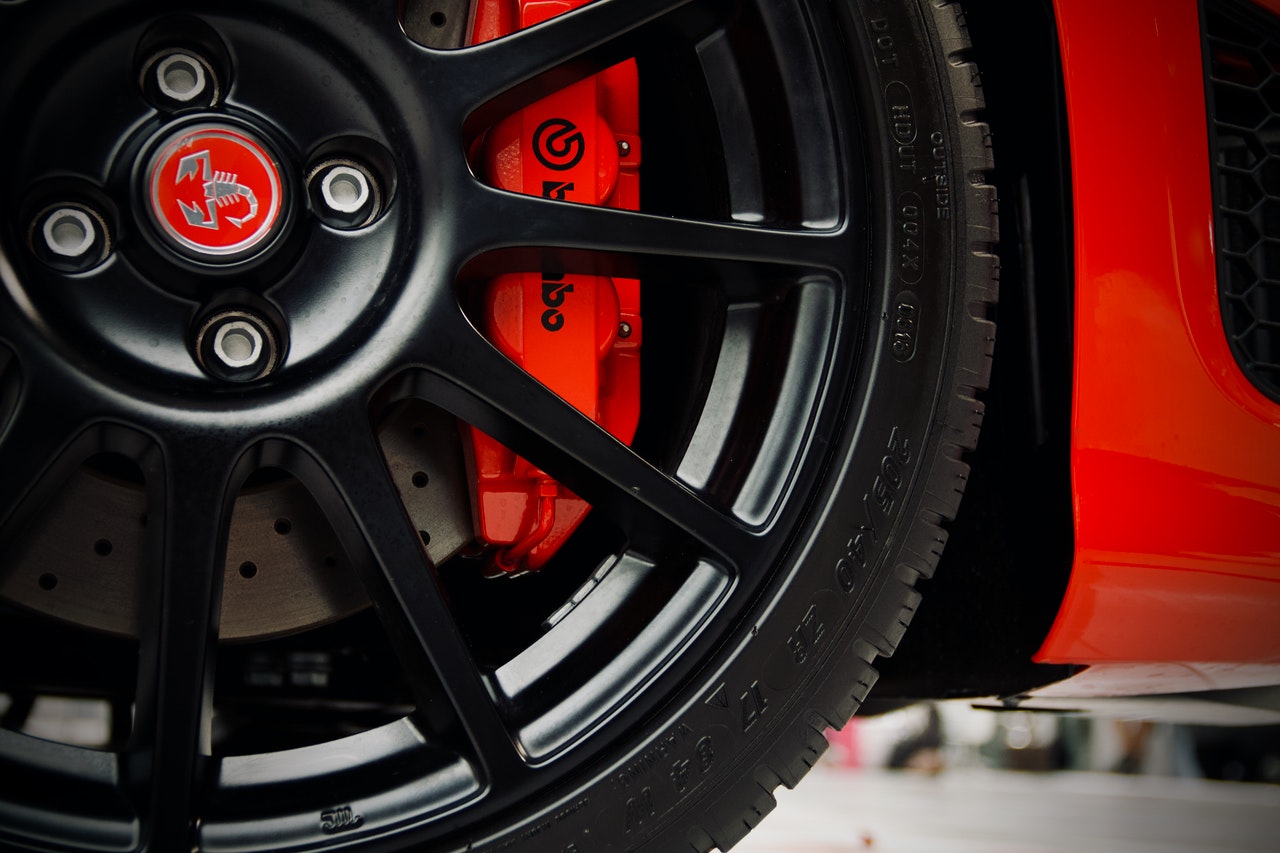
Servicing disk brakes is a service that you need to obtain regularly for your vehicle. While disk brakes need to be replaced at some point in time, there are various ways to maintain your brakes and extend their lifespan. Timely and proper brake maintenance is simple and straightforward. Gaining a deeper understanding about how your disk brakes work and applying disk brake maintenance tips will ensure your vehicle drives safely at all times.
How Do Disk Brakes Work?
Your braking system goes deeper beyond the pedal that you step on when applying brakes. The car braking system consists of various components that work harmoniously together to stop your car at the right time. Within your car’s braking system are parts that include the master cylinder, pedal, wheel cylinder, pistons, pads, rotos, flexible hoses, and metal tubes.
Latest car makes and models are also outfitted with sensors that notify the driver of worn-out brakes and work closely with the ABS systems. In a properly working braking system, you should feel the brakes engage immediately. When you press down the pedal, hydraulic fluid in the brake lines experience an increase in pressure, which in turn engages the pistons and pushes the brake pads onto the rotor.
Whenever you press harder on the pedal, more pressure is created within the brake lines resulting in the pistons pushing more firmly against the rotor. As you move your foot away from the pedal, hydraulic fluid will depressurise, which in turn lets the pads retract a few millimetres into the callipers.
How to Take Care of your Disk Brake?
It can be challenging to perform disk brake care by yourself. If you do not have proper knowledge about cars, it’s best to take your vehicle to a licensed and skilled auto mechanic to guarantee the right care. This is especially true if your car is equipped with sensors that need to be inspected and recalibrated using specialised tools and techniques. There are many things that you can do to prolong the life of your brakes, saving you time and money in the long run.
- Never Slam On the Brakes
The braking system is one of the most important parts of your vehicle. It allows us to drive safely on the road and prevent unwanted collisions and accidents. Even when you are a generally safe and efficient driver, sudden braking is unavoidable in most circumstances. Experts recommend braking lightly whenever possible to come to a safe rolling stop. If you practice sudden braking all the time, you are more likely to warp your disk brakes easily. Not only will this practice increase wear and tear, but it can also lead to a reduced driving performance and comfort of your vehicle.
- Keep the Brake Fluid Clean Regularly
Brake fluid plays a crucial role in bringing your car to a halt. Brake fluid depletes over time thus you will need to replace the fluid as per recommendations of your vehicle’s manufacturer or car mechanic.
Every time you drive your car, brake fluid absorbs water from the air resulting in the accumulation of gunk within your brake lines. Refer to your car manual regarding the best time to replace the brake fluid. In some cases, a specific mileage will be indicated about the right time to change your brake fluid. By rule, brake fluid should be replaced every other year.
When dealing with a crucial safety system for your vehicle, you may be tempted to use premium brake fluid to ensure greater performance. In reality, all you need is a clean fluid to make sure that your braking system will work in top condition. Specialty brake fluids are designed for more challenging terrains, so purchasing them for your vehicle under normal road conditions won’t make a difference altogether.
- Listen to Your Brakes
When your brakes are suffering from malfunction, it will eventually reveal the problem through unusual sounds. Depending on the cause or location of the problem within your braking system, your car may start developing a hissing or squealing noise when you place your foot on the brake pedal.
A sharp hiss means that your vehicle may be running low on brake fluid. Make sure to closely monitor the response time of your braking system. If you suspect a problem in your braking system, it’s best to drive more carefully until you have the brake fluid replaced or the braking system diagnosed or repaired.
Squealing brakes mean that your brake pads are close to being totally worn out. In this case, you need to drive your vehicle to a trusted auto mechanic to have it replaced with a new one immediately. You don’t want to delay your visit to the auto mechanic as this can lead to deadly accidents all on the road.
If you need your brakes replaced or you suspect a malfunction in your braking system, we highly advise you to bring your car to us here at HP Automotive. We are one of Sydney’s top-notch auto shops, delivering quality servicing and repairs to all makes and models. To schedule an appointment, call our direct line on +61 2 9979 8372 today.
